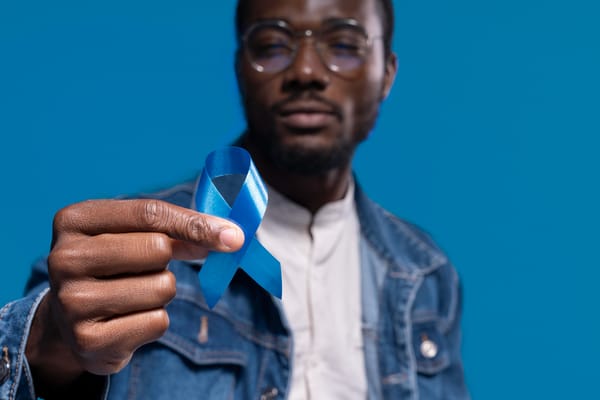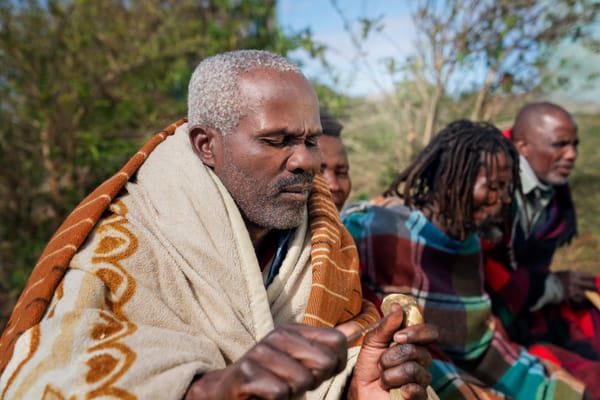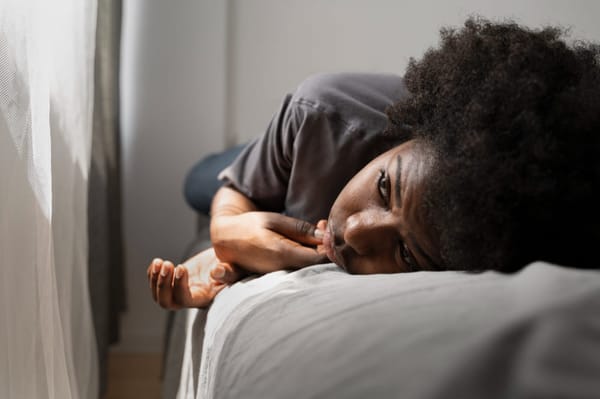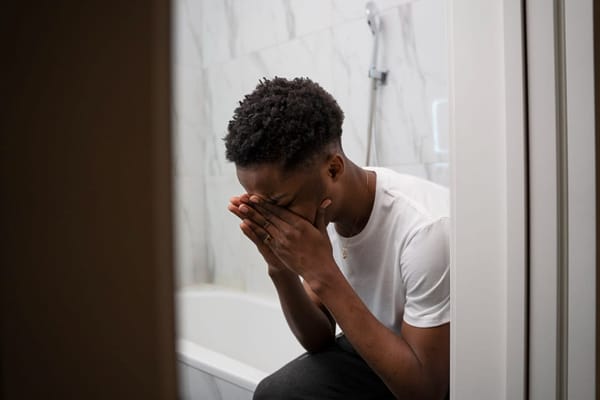From Teen Motherhood to Empowered Woman: Linnet's Story at RHNK
“I wish I knew about ‘The Center’ just before completing high school. Maybe today I would have been on my way into becoming a reputable banker. Maybe I would have been a leader like Brenda wa RHNK, and not…” As if she was reading something from the wall, Linnet paused for a moment and took a long stare at the wall.
After completing her high school, Linnet says she felt relieved, but still was yearning for more, still with great ambitions of changing her life. Nothing seemed to stand between her and her American dream. Then she met Kevoh…
“At first, something deep in me told me not to dare entertain him. But with time I felt relief when I realized our goals were alike. He was smart, handsome and always called or passed by to check on me. Lakini wueh! Si ni ya dunia!” With a dimly lit smile, she sighed. Linnet goes on to narrate how after playing “hard to get” against the relentless Kevoh she found herself in his “box”
Somewhere in 2023, as she went on with her daily hustle at a local “Kibanda” Linnet overheard some customers talking about the upcoming teen mom’s session at REHNET Medical Center locally referred to as “The Center.” Out of curiosity, she was compelled to listen in. This is how Linnet met Njoki and Risper who introduced themselves as Peer Providers from the Reproductive Health Network Kenya.“The peer providers told me more about what happens at the Center for example Tibiwa na Hamsini Fridays and this gave me the motivation to join that on that Friday.”
Managed by the Reproductive Health Network Kenya, Rehnet Medical Centre is a Youth Friendly center in Embakasi, Nairobi. It offers various services including short-term family planning, postnatal care, and HIV testing. It also provides antenatal care, condom distribution, STI prevention, and basic emergency preparedness. The center also features a youth corner for discussing topics like mental health, substance abuse, menstrual hygiene, relationships, family planning, contraception, and sexually transmitted infections.
Linnet takes us to the moment she realized she was expectant. “My mom was the first to notice, even before I did. Both my parents were so mad at me for being careless and irresponsible.” When Linnet told her boyfriend about it, he immediately asked for her hand in marriage. Upon refusal, the guy walked out on her never to be heard from again. “Hivyo ndio calls zake zilianza kufade off. Three years down the line, yet he has never supported me or our child.”
She goes on to narrate how becoming a mother at 17 came with its challenges and responsibilities. From looking for small money making opportunities barely a week after delivery, to the tough environment at home,... “Most of my friends couldn’t even pick my calls. But I’m grateful my parents didn’t disown me.” She says her parents later on supported her to join a local training institute where she is pursuing further studies.
After several health education sessions at the Center, Linnet says she got the chance to make an informed choice about family planning. “Nilijaribu DEPO, but nikaamua kubadilisha juu at times nilikuwa nasahau dates.” Linnet then resolved to take a long-term Family Planning method that she says is working well with her, thanks to the youth-friendly service she got.
Linnet goes on to narrate how the Center has given her a safe space to share and learn from fellow teen moms, and young people in all their diversities. “I am glad to have also been mentored into becoming a teen mom’s champion. I now help in creating awareness and also doing referrals for services at the center and to the Nena Na Binti call center.” In addition, she says she got the opportunity to also attend and participate in national and international commemorations.
Linnet is just one among many. The Kenya Demographic and Health Survey (KDHS, 2022) results show how inadequate access to quality Sexual and Reproductive Health (SRH) services has exposed adolescent girls and young women, unintended teenage pregnancies, HIV and other sexually transmitted infections (STIs), unsafe abortions, Female Genital Mutilation (FGM), child marriage, drugs, and substance abuse, Sexual and Gender-based Violence (SGBV) and other adverse health, social, mental and economic consequences.
However, with programs such as the Comprehensive Sexuality Education and the Teen Moms empowerment program offered by organizations like RHNK, it is evident that mitigating these challenges is possible. “Had it not been for the center, I wouldn’t have been who I’m when. However, it is my greatest wish that the program also supports other teen mothers like me who would like to pursue studies at local training institutes or even give us a platform to learn economic empowerment activities such as small business ideas.”
Linnet embodies the impact RHNK has had not just on her life but on the entire community of adolescents and young people in Embakasi Sub-County. Many at times existing SRH programs and interventions hardly reach the most adolescents and young people from ultra poor families, from lower caste, intellectually disabled. Their sexuality remains largely invisible. Can we attribute this to a political agenda that hinders the progress of sexual and reproductive health schemes?
From government officials, to civil society, academia, the private sector, faith-based organizations, grass roots organizations and other partners, it’s time for action. From ensuring rights-based comprehensive sexuality education, to mainstreaming the vulnerable groups, from evidence driven advocacy efforts, to leveraging the available opportunities to design and implement context specific approaches. This is my call, this is your call. This is our collective call.
By Innocent Indeje, Youth Coordinator, RHNK



